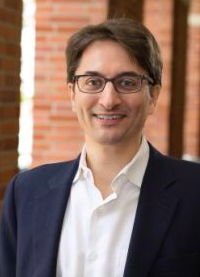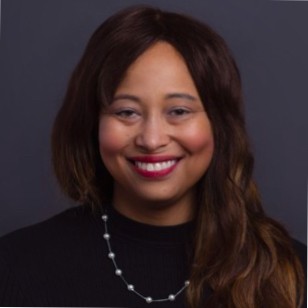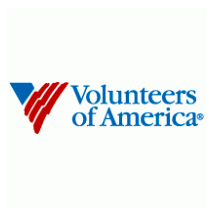Parallel universes exist within the US healthcare system, with factors like race, ethnicity, and income determining the level of access and quality of care one receives.
A recent study from The Commonwealth Fund found that healthcare system performance scores provided by Black and American Indian and Alaska Native Resources (AIAN) populations versus those provided by White populations could vary by a factor of around 100 in some states, and as a result, minority communities are witnessing shorter life spans.
This is a systemic problem, and innovative solutions are needed in order to improve the quality, equity, and access to care for Medicaid and other at-risk populations in the US.

Washington D.C.-based Volunteers of America and the Humana Foundation have heard this call to action and are answering it by launching a unique social enterprise startup incubator called The Futures Fund Community Health Incubator.
The program includes business training and coaching, as well as grants and potential venture capital investments to help drive projects from ideation to scaling stages, making a feat like evolving the US healthcare system possible.
It will be led Director Paul Orlando, who also serves as Director of the University of Southern California’s Incubator Program and is an adjunct professor for USC’s Center for Entrepreneurial Studies.
Let’s take a look at how this incubator is helping to bring equality back to medical care in the states.
Leveraging Entrepreneurial Minds to Generate Equality
VOA is one of the largest and most experienced health and housing not-for-profit organizations in the country which serves over 1.5 million individuals each year in over 400 communities.
The Future Fund Community Health Incubator will start off by admitting three early-stage, mission-aligned social enterprise founder teams.
Each team will receive up to $25,000 in non-equity grants, business training, and coaching from industry experts, as well as be considered for larger venture capital investments up to $200,000 upon completion of the program.
The aim for each cohort is to establish 1-2 investable enterprises to further the mission of finding innovative solutions to improving quality, equity, and access to care.
“This provides an ideal platform for new ideas to mature, from big health tech like biometric wearable devices and monitoring apps, to local service industries and aquaponic farms that address food insecurity and employ individuals in workforce development programs,” said Stephen Samuels, VOA’s Vice-President of Innovation & Impact Investing.

The incubator has already announced two startups that are taking part in the program:
- Recipe Box – (Chicago, IL) is a startup aimed at improving access to healthy food options. They have strategically selected two locations in the neighborhoods of Englewood and Humboldt Park where some residents have to walk up to 45 minutes one way for fresh produce. This effort – similar to Blue Apron or Hello Fresh – will collaborate with local chefs to create subscription meal boxes that will be sold to residents in the Chicago area. For every box purchased, one will be donated to a local family or person in need. The plan is also to hire within the community to help prepare and deliver the boxes.
- Growing Green – (Rochester, NY) This effort is creating a Hydroponic farm to address the city’s food desert problem. The grant will create the hydroponic farm to grow healthy food and the farm, being built on the site of a VOA Pre-K/Head Start program, will serve as an educational facility for local schools, a community college campus, and VOA’s pre-K/Head Start Programs as well as provide training and job opportunities for adults in the area.
Building a Healthier Future
Annual cohorts are a mix of teams of VOA “INTRApreneurs” and startup founders of early-stage businesses that can improve a community’s social determinants of health.
The inaugural launch of the Community Health Incubator is sponsored by the Humana Foundation, which shares the Futures Fund’s vision to support innovative solutions that address social determinants of health.
Together, the two foundations are working to patch the disparities in the healthcare system in the US and in turn, are building a better future for civilians no matter race, geographic region, or socioeconomic class.

It’s an undertaking that not just any organization can accomplish. One of the most unique attributes of the incubator is its ability to leverage the experience, relationships and assets of VOA for the piloting and scaling of business ideas.
These include more than 15,000 employees who serve approximately 1.5 million individuals each year in over 400 communities in the U.S. and Puerto Rico, plus a portfolio of over 22,000 units of affordable housing and nearly 50 senior healthcare programs, including skilled nursing, assisted living and home health care.
“We fully support Volunteers of America in leveraging their mission, scale and focus on entrepreneurship, to combat the huge inequities in underserved communities,” said Tiffany Benjamin, CEO of The Humana Foundation. “VOA is a trusted, solutions-oriented partner and for over a century, they’ve used their expertise and access to enable new businesses and services that address social determinants of health with a focus on equity.”












